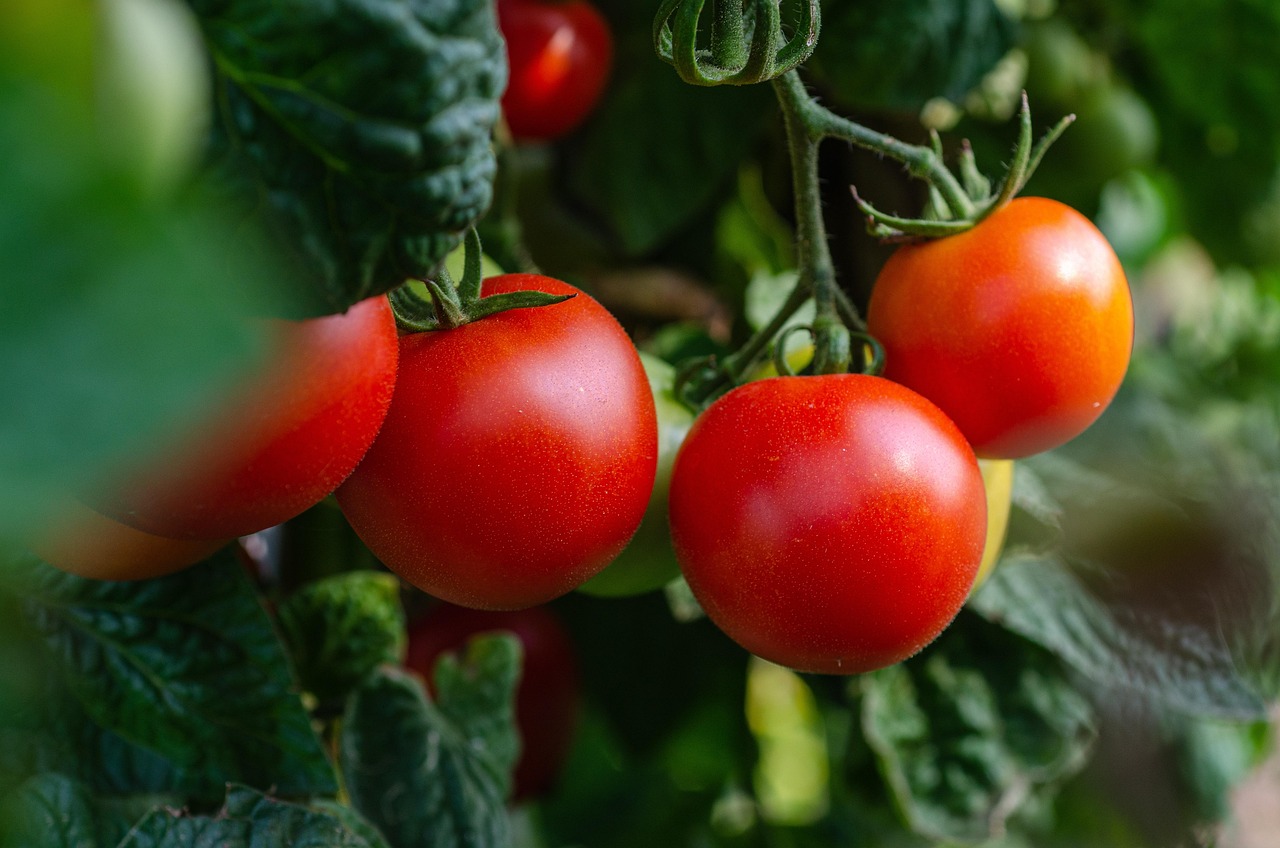“`html
In a world overflowing with food options, understanding what constitutes a nutrient-dense food can significantly enhance your overall health and well-being. Nutrient-dense foods contain high levels of vitamins, minerals, and other beneficial nutrients relative to their calorie content. This blog post will delve into the essentials of nutrient-dense foods, providing insights on their benefits, sources, and how to incorporate them into your daily diet.
What Are Nutrient-Dense Foods?
Nutrient-dense foods are those that provide a high proportion of vitamins, minerals, and other beneficial nutrients in relation to their calorie count. They can help you meet your nutritional needs without consuming excessive calories.
Defining Nutrient Density
Nutrient density can be understood through the following criteria:
- High Nutrient Content: These foods are rich in essential nutrients such as vitamins A, C, D, K, and various B vitamins, alongside essential minerals like calcium, iron, potassium, and magnesium.
- Low in Empty Calories: Nutrient-dense foods have minimal added sugars, unhealthy fats, and refined grains, making them an ideal choice for maintaining a healthy weight.
The Benefits of Eating Nutrient-Dense Foods
Integrating more nutrient-dense foods into your diet can lead to numerous health benefits. Here are some key advantages:
- Weight Management: Since nutrient-dense foods are lower in calories but high in nutrients, they can help you feel full without overeating.
- Improved Energy Levels: A diet rich in essential nutrients can enhance your overall energy levels and reduce fatigue.
- Enhanced Immune Function: Nutrient-rich foods support the immune system, making it easier to fight off illnesses.
- Better Mental Health: Several studies indicate a connection between nutrient intake and mental well-being, improving mood and cognitive function.
Top Nutrient-Dense Foods to Include in Your Diet
When it comes to selecting nutrient-dense foods, consider incorporating the following options into your meals:
- Leafy Greens: Spinach, kale, and Swiss chard are packed with vitamins A, C, and K, along with iron and calcium.
- Fruits: Berries, citrus fruits, and apples offer plenty of antioxidants and vitamins, but keep the sugar content in mind.
- Cruciferous Vegetables: Vegetables like broccoli, Brussels sprouts, and cauliflower are great sources of fiber and minerals.
- Nuts and Seeds: Almonds, walnuts, chia seeds, and flaxseeds provide healthy fats, fiber, and protein.
- Lean Proteins: Sources like chicken, turkey, fish, legumes, and eggs offer essential amino acids necessary for muscle repair and growth.
How to Incorporate Nutrient-Dense Foods into Your Meals
Transitioning to a nutrient-dense diet can be seamless with these practical tips:
1. Meal Prep with a Focus on Nutrients
- Plan your meals around lean proteins, vegetables, and whole grains.
- Experiment with batch cooking mixed vegetables and protein early in the week.
2. Swap Out Processed Foods
- Replace sugary snacks with fruits or nuts.
- Choose whole-grain bread over white bread and refined grains.
3. Add a Rainbow to Your Plate
Make your meals visually appealing and nutrient-rich by including fruits and vegetables of different colors:
- Red: Tomatoes and strawberries
- Green: Spinach and avocados
- Yellow/Orange: Carrots and bell peppers
- Purple: Eggplant and blueberries
Common Misconceptions About Nutrient-Dense Foods
Despite the known benefits, there are misconceptions that may deter individuals from fully embracing nutrient-dense foods:
- Myth: Healthy foods are boring. – Many nutrient-dense foods can be seasoned and prepared in various exciting ways.
- Myth: All fats are bad. – Healthy fats from nuts, seeds, and avocados are essential for nutrient absorption.
- Myth: Eating healthy is expensive. – Buying in bulk, purchasing seasonal produce, and cooking at home can reduce costs significantly.
Conclusion
Incorporating nutrient-dense foods into your diet is a powerful way to enhance your overall health and wellness. By focusing on foods that pack a nutritional punch while limiting calorie intake, you can maintain a balanced diet that supports weight management and promotes long-term health. Remember, small dietary changes can lead to significant health improvements, so start integrating these nutrient-rich options into your meals today!
“`






